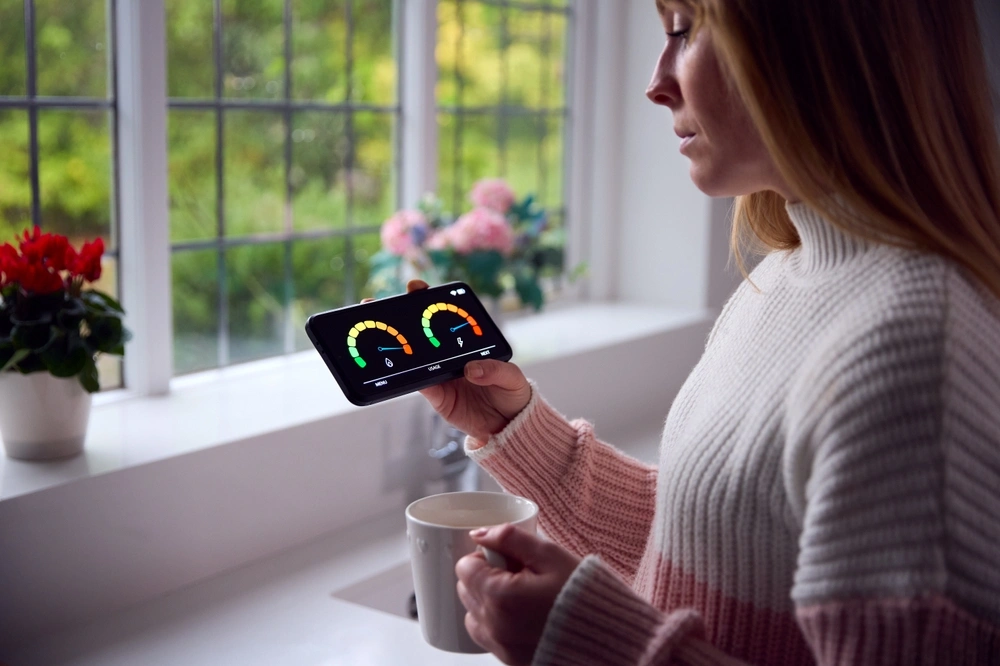Finance has well and truly moved into the digital age with Open Banking. But don't worry if you're not sure on the specifics, we're here to fill you in.
It’s a relatively new concept, but one that could very much affect you and your money. So we’ve put together everything you need to know.
What is Open Banking?
Open Banking is a platform that allows you to view all of your bank and credit card accounts in one place - using a single app or website.
You can also securely share your banking data with third-party financial firms, so they can recommend better financial products, services and deals to suit your needs.
Note, you will need to give your bank your consent before you can use this facility.
What are the benefits of Open Banking?
Open Banking is encouraging greater competition in the finance industry. Many exciting personal finance apps have emerged as a result.
These third-party apps make it easier for you to save money and take control of your finances. You can link them to your banking apps to share data with other financial firms (see examples below). This enables them to find deals tailored to your specific needs by reviewing your spending patterns.
Gone are the days of juggling different screens and trying to remember multiple passwords!
With Open Banking you can view your bank and credit card information in one place - even if your accounts are with different banks. This helps you to manage your money more efficiently.
Note: Open Banking itself is a free service, but some apps and websites may charge fees.
Three main apps that use Open Banking:
1. Yolt
With over 25 banks and other financial institutions under its belt, Yolt lets you manage all your accounts in one place. You can see your payment history which is split up clearly into different categories - without juggling multiple apps. Available on Google Play and iOS, free of charge.
2. Cleo
This is also a money management app but in the form of a chatbot. You can talk to Cleo through Facebook messenger – just think of it as your own personal finance assistant available 24/7. It can tell you what your account balance is, break down your spending for you, help you save for a holiday, and much more. Available on Google Play and iOS, free of charge.
3. Chip
If you want to save more money, Chip is for you. This app intelligently calculates what you can afford to save, based on your spending habits. It then automatically transfers that money from your current account to your savings account, ensuring you stay on track with your finances. Available on Google Play and iOS, free of charge.
*Other apps are available. We are not paid to promote these services.
How secure is Open Banking?
Opening banking is secure - as long as the provider is authorised by the Financial Conduct Authority (FCA). We’d encourage you to check the FCA register or this list of regulated third-party providers first, to safeguard against fraud.
On top of this, banks use secure software known as Application Programming Interfaces (APIs). This means you can let third-parties access your financial data without sharing your bank login details. The API method is more secure than screen-scraping, which has been phased out.
Tip: Contact your bank or building society if you notice any suspicious activity. You can withdraw your consent at any time.
The bottom line
Open Banking is completely optional. It depends on how you feel about sharing your information with third-party providers. The advantage is, they can use your data to suggest deals tailored to your needs, which can save you money. Just remember to be vigilant, and only engage with a third-party if you fully trust them.
Disclaimer: We make every effort to ensure that content is correct at the time of publication. Please note that information published on this website does not constitute financial advice, and we aren’t responsible for the content of any external sites.








